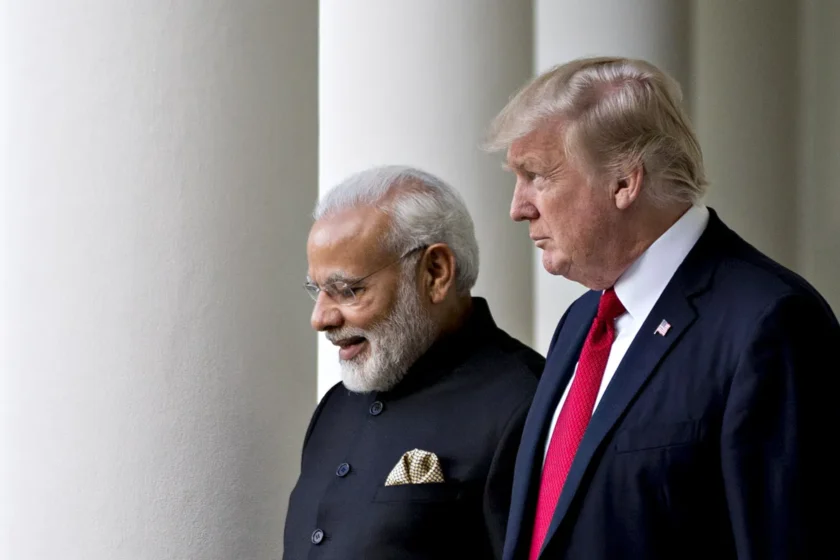Islamabad: Amid ongoing tensions between India and Pakistan, Russia has signed a significant economic agreement with Pakistan, raising eyebrows in New Delhi. The multi-billion-dollar deal aims to revive the long-defunct Soviet-era Pakistan Steel Mills (PSM) in Karachi, with an estimated investment of $2.6 billion (approximately ₹22,000 crore). The agreement is expected to play a critical role in stabilizing Pakistan’s fragile economy.
Reviving a Soviet-Era Legacy
The deal focuses on reconstructing the Pakistan Steel Mills, originally set up in the 1970s with Soviet assistance. The plant remained operational until 1992 and was permanently shut down in 2015 due to financial and technical issues. As part of the new agreement, Russia will supply cutting-edge steel manufacturing technology to modernize the plant, which could reduce Pakistan’s reliance on steel imports by up to 30%.
Denis Nazarov, a Russian representative, and Pakistani officials have confirmed the deal, emphasizing its strategic significance. Pakistan currently consumes 11.2 million metric tons of steel annually, with imports costing about $2.6 billion each year. In March 2025 alone, the country spent $324 million on imported scrap and semi-finished steel products. The plant’s revival is projected to significantly cut this import bill while creating thousands of direct and indirect jobs.
Economic Lifeline for Pakistan
The deal is a potential game-changer for Pakistan’s struggling economy. The anticipated reduction in steel imports could ease the pressure on foreign exchange reserves, which are under strain due to ongoing economic challenges. Additionally, the revived steel plant is expected to boost economic activity in Karachi and surrounding regions. With advanced Russian technology, Pakistan’s steel industry is poised to become more modern and competitive, enhancing local production capacity, quality, and self-sufficiency.
Concerns in India
The timing of the agreement is particularly sensitive, coming just weeks after the deadly terror attack in Pahalgam, Jammu & Kashmir, on April 22 that claimed 26 lives. In response, India launched “Operation Sindoor,” targeting terrorist camps inside Pakistan. The new Russia-Pakistan agreement, signed amid this tense backdrop, has sparked debate within Indian strategic circles.
Traditionally, Russia has been seen as a steadfast ally of India. However, Russian President Vladimir Putin’s neutral stance—condemning the Pahalgam attack while calling for de-escalation between India and Pakistan and even offering mediation—has surprised many in New Delhi. On social media platform X, reactions were divided: while some viewed the deal as a setback for India’s foreign policy, others downplayed its impact, calling it a strictly economic engagement.

Growing Russia-Pakistan Ties
Russia and Pakistan have steadily expanded bilateral cooperation in recent years. In 2023, both countries inked a deal for the supply of discounted crude oil. Progress continues on the Pakistan Stream gas pipeline project connecting Karachi to Lahore. A direct maritime cargo service was also launched, signaling stronger trade relations.
Russia maintains that its relationships with India and Pakistan are independent of each other. Russian spokesperson Dmitry Peskov reiterated, “India is our strategic partner, but Pakistan is also a valued partner. These relationships are not mutually exclusive.”
India’s Response and Strategic Balancing
While India has yet to officially comment on the deal, the broader India-Russia relationship remains robust. Russia continues to be a major supplier of defense equipment and spare parts to India. In a recent development, Russia announced the delivery of another advanced warship, INS Tamala—a multi-role stealth frigate—to India. Additionally, the inauguration of the BrahMos Aerospace Unit in Lucknow highlights ongoing defense cooperation between the two countries.
However, analysts suggest that India may need to recalibrate its diplomatic approach as Russia diversifies its partnerships in South Asia. The situation underscores the evolving geopolitical dynamics in the region, where traditional alliances are being tested in an increasingly multipolar world.









